Nepal: Airport security controls in Nepal are weak and inadequate
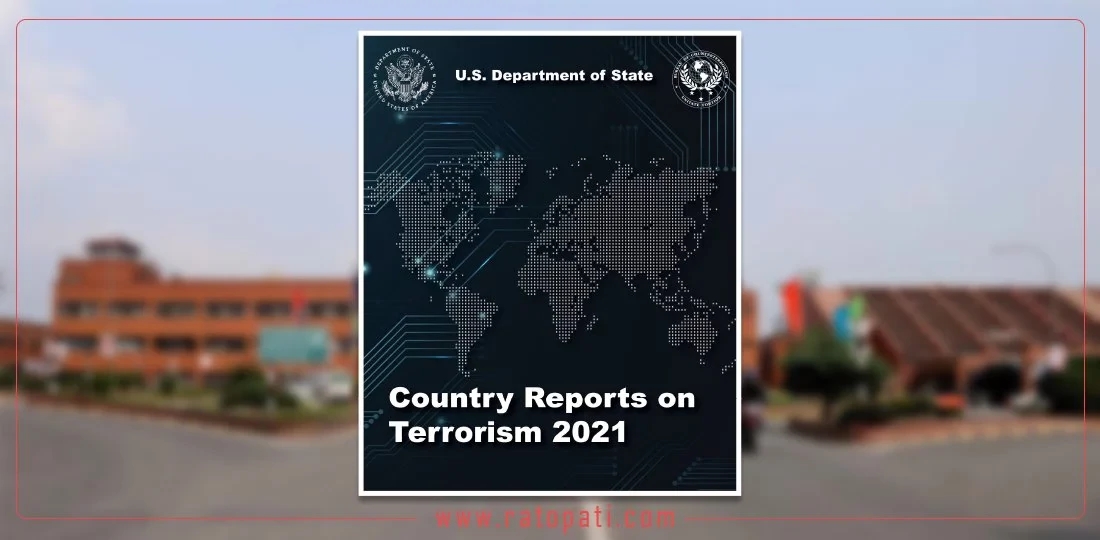
Nepal
Overview: While 2021 saw many anti-Millennium Challenge Corporation (MCC) protests and threats of violence, including a YouTube video threatening violence against anyone who advocates for MCC, Nepal’s security services and MCC political supporters addressed the issues without incident. On March 5 the Government of Nepal, and the outlawed Communist Party of Nepal (Maoist) splinter group (more commonly called Biplav), signed a historic peace agreement committing both sides to peacefully resolve their differences through future political talks. Following the agreement, the Government of Nepal lifted its ban on the group and ceased to investigate and arrest members.
Biplav continues to honor the agreement under Prime Minister Deuba. The Nepali government does not provide political, diplomatic, or financial support for international terrorism, nor does it knowingly permit Nepal to be used as a safe haven for terrorists or terrorist groups. Because of the open border with India and insufficient security protocols at the country’s sole functioning international airport in Kathmandu; however, Nepal has and could be used as a transit or staging point for international terrorists.
2021 Terrorist Incidents: There were no terrorist incidents reported in Nepal in 2021.
Legislation, Law Enforcement, and Border Security: There were no significant changes to counterterrorism laws in Nepal in 2021.
The law enforcement organization directly responsible for counterterrorism activities is the Special Bureau of the Nepal Police. This unit consists of some 120 officers who have specialized and unique training to monitor and counter threat groups and activities throughout Nepal. The Special Bureau is supplemented by Nepal Police and Armed Police Force officers when necessary. The Nepal Army Special Forces units are tasked with counterterrorism and receive training in hostage rescue, responding to hijackings, and similar terrorism incidents.
Airport security controls in Nepal are weak and inadequate. Kathmandu’s Tribhuvan International Airport does not prescreen passengers, and landing data are not entered into any database. Physical security checks of passengers are rudimentary. There is no travel document security, and the airport lacks ultraviolet lights to examine documents. The Special Bureau of the Nepal Police assigns approximately 10 personnel to the airport and approximately 15 officers to its INTERPOL office, which is located at Nepal Police headquarters. The INTERPOL office has no designated personnel at Tribhuvan International Airport, but communication between INTERPOL and airport personnel does occur. INTERPOL notices are acted on and maintained in a database, but passengers are not routinely screened through this database. Security and immigration officials are generally responsive to U.S. requests for information, but often have little information to provide.
Nepal shares an open border with India. There are some checkpoints along the 1,000-mile border, but these lack sufficient security controls and are sometimes staffed by only one immigration official. Most people crossing the border are neither stopped nor checked, and the crossing points can easily be circumvented to avoid scrutiny. The primary constraints preventing more effective border-control capability are a lack of resources, information stovepiping among security sector and civilian agencies, and a lack of political will to deploy a more robust approach. The security services lack the personnel, technology, databases, basic equipment, and often electrical power, to provide effective border control. Additional constraints include lack of training and widespread corruption.
Countering the Financing of Terrorism: There were no changes in 2021.
Countering Violent Extremism: Nepal does not employ strategic communications to counter violent extremism. There are no government or civil society programs in Nepal to counter recruitment into violent extremism or rehabilitate former violent extremists. The government generally does not view violent extremism, specifically violent extremist ideology originating from conflict/instability in the Middle East, as a significant threat in Nepal. A more significant threat is non-Nepali international terrorist groups using Nepal as a transit/staging point or soft target.
International and Regional Cooperation: Nepal is a signatory of the South Asian Association for Regional Cooperation Regional Convention on Suppression of Terrorism. INTERPOL hosts an annual regional counterterrorism seminar, to which the Nepal Police sends two to three officers.


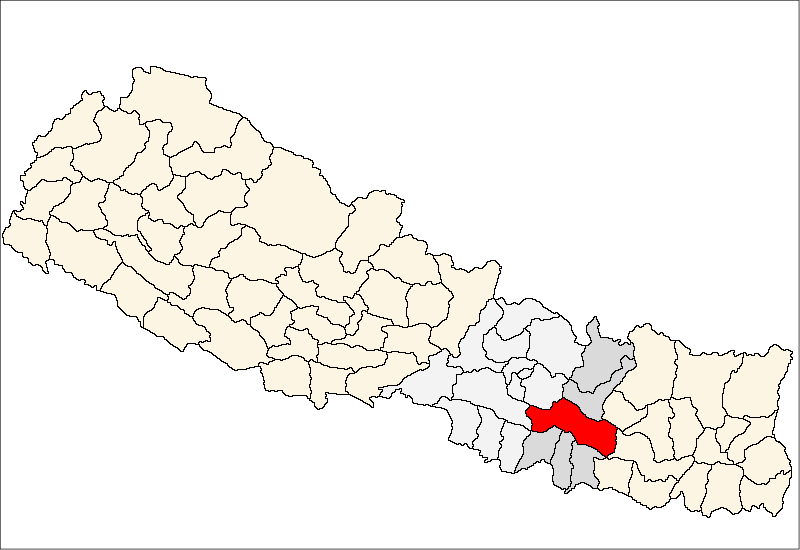
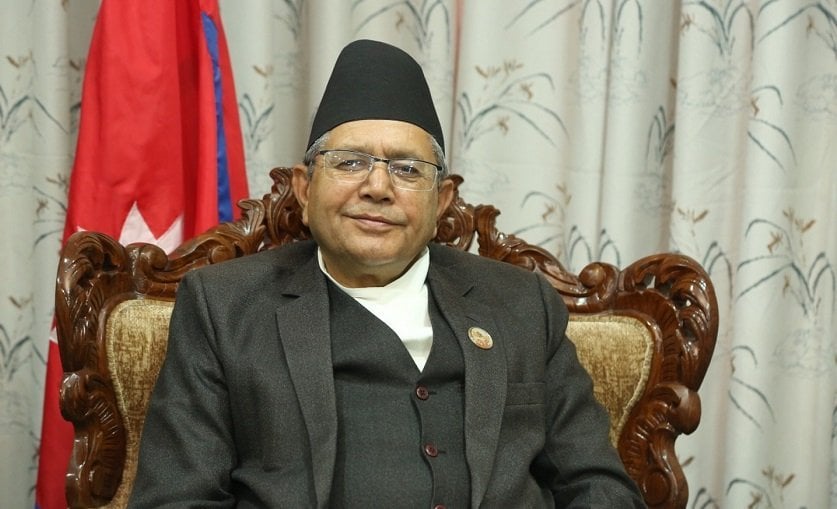


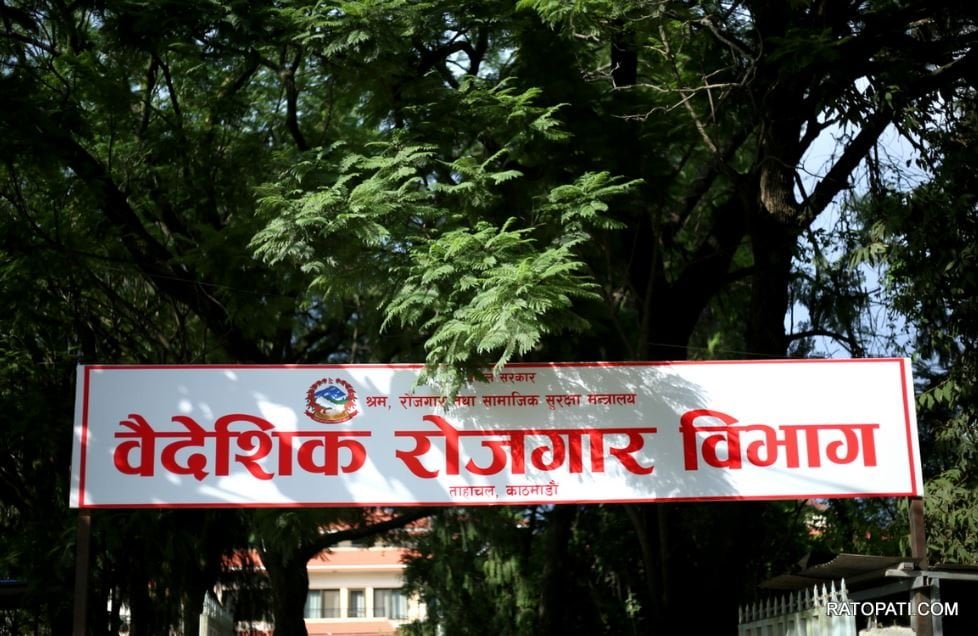
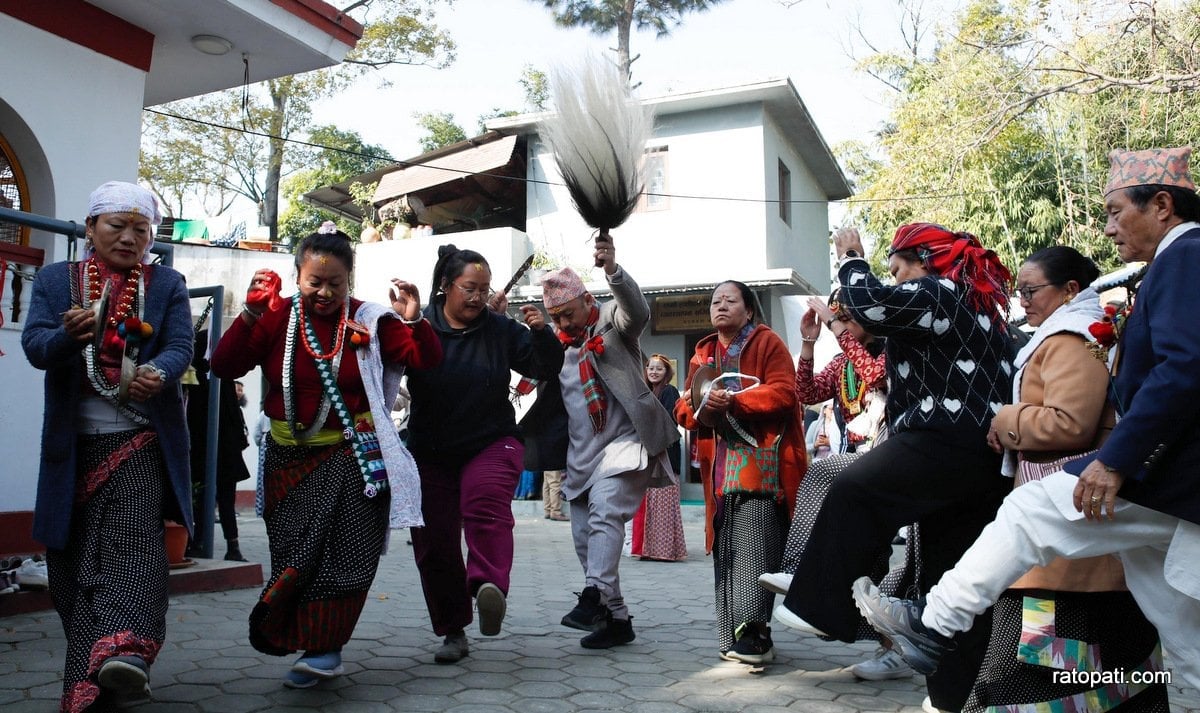

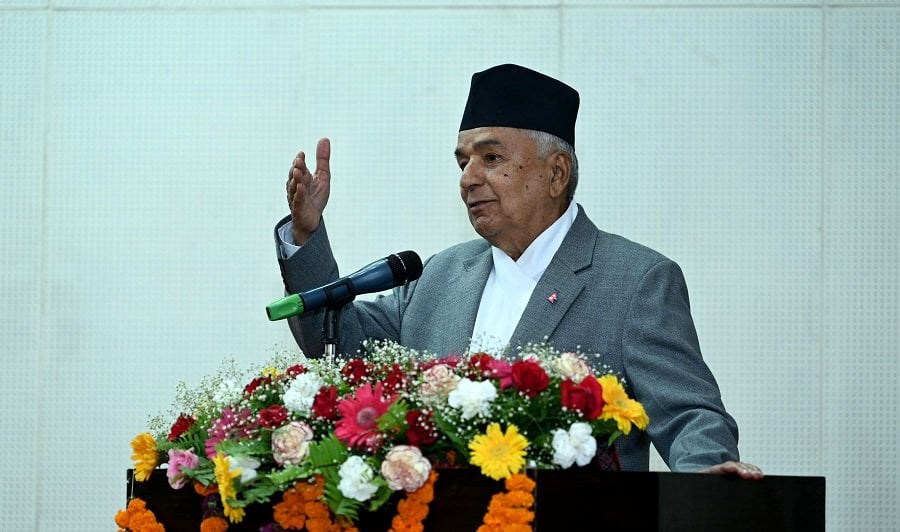
Leave Comment